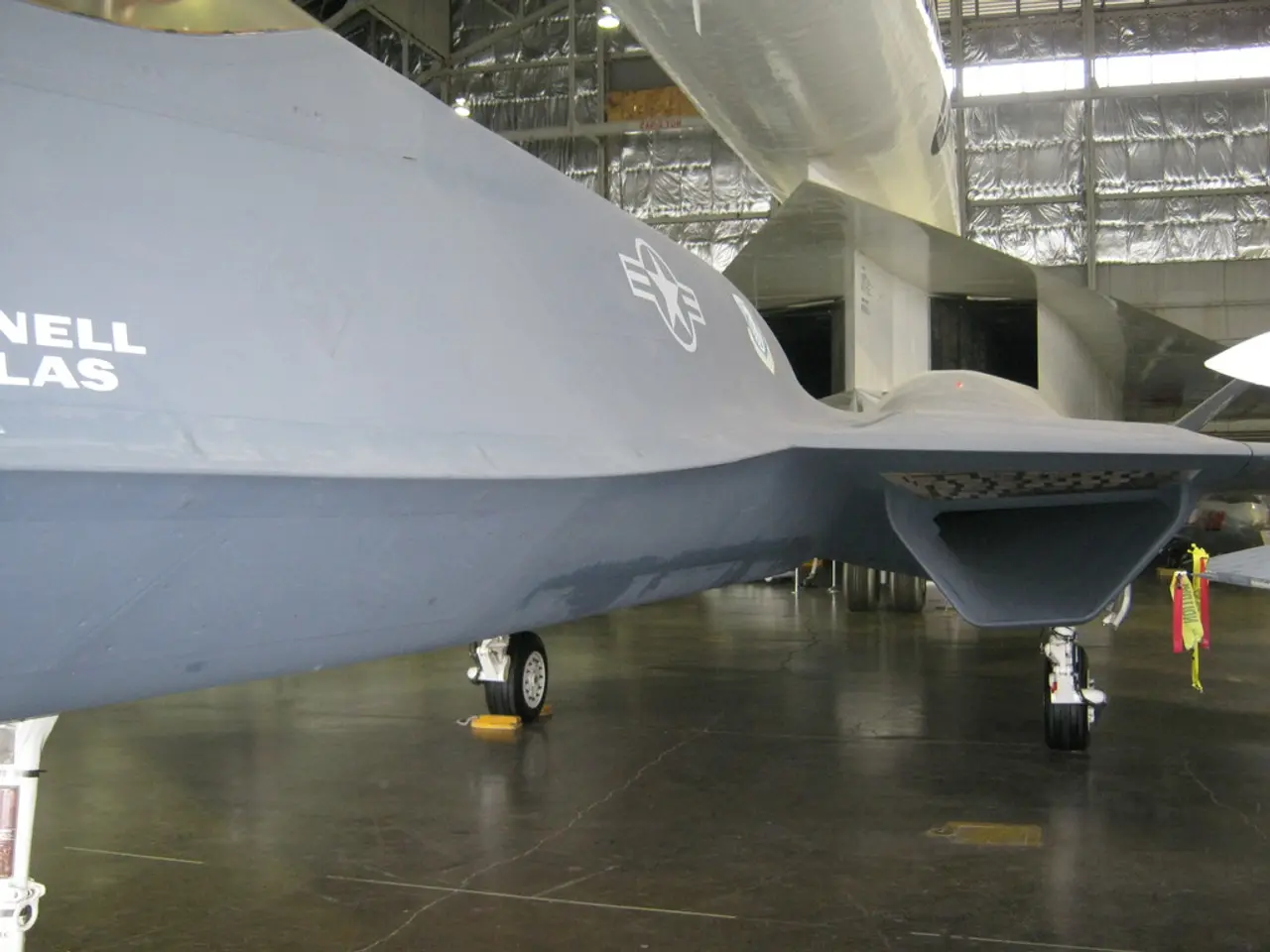Veteran Pilot's 9/11-Inspired Plan: Armed Pilots to Enhance Air Security
In the wake of the 9/11 terrorist attacks, veteran pilot Captain Phillip Beall proposed a controversial measure to enhance aviation security: allowing pilots to carry concealed sidearms. Beall, with 38 years of service at a major commercial carrier, believed this step could deter future hijackings. However, the Federal Aviation Administration (FAA) initially dismissed the idea.
Beall, a former law-enforcement officer reservist, had first floated the idea of a 'break-glass-and-retrieve-this-in-case-of-a-hijacking' box containing a firearm on board airplanes in the mid-eighties. After 9/11, he reignited this proposal, advocating for pilots to be trained and certified to carry firearms while flying. To navigate the complex political landscape, Beall sought assistance from the National Rifle Association (NRA). Two lobbyists, Dan Soine and Dave Mathews, from the Allied Pilots Association, supported Beall's initiative and worked with the NRA to advocate for the program.
Despite initial resistance from the FAA, Beall's persistence and the support of the Allied Pilots Association and the NRA eventually led to the consideration of armed pilots as a potential security measure. The proposal aimed to empower pilots to respond to threats, potentially preventing future tragedies like those witnessed on 9/11.
Read also:
- Thieves Steal Unique Sculptures from Redwood National Park's Grove of Titans
- Stellantis Pivots US Strategy: Drops Electric Dodge Charger, Embraces V8s
- Thessaly's Climate Plan Stalls Two Years After Storm Daniel Devastation
- Strategizing the Integration of Digital Menus as a Core Element in Business Operations




